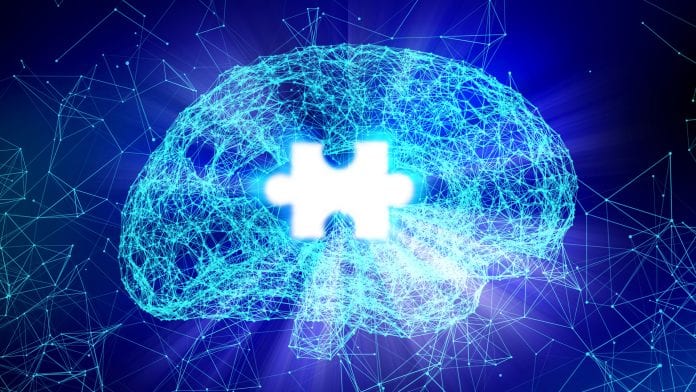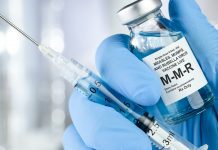
A novel pilot study has indicated that implementing low doses of radiation can improve cognition and behaviour in people with Alzheimer’s disease.
The research, conducted by Baycrest-Sunnybrook and published in the Journal of Alzheimer’s Disease, specified that their revolutionary treatment that administers low-doses of radiation might reduce the effects of Alzheimer’s disease.
Dr Morris Freedman, the senior author of the study from Baycrest’s Rotman Research Institute, said: “The primary goal of a therapy for Alzheimer’s disease should be to improve the patient’s quality of life. We want to optimise their wellbeing and restore communication with family and friends to avoid social isolation, loneliness, and under-stimulation. Although the study was a small pilot and should be interpreted with caution, our results suggest that low-dose radiation therapy may successfully achieve this.”
The investigation was inspired by a case report published in 2015 that analysed a hospice patient with Alzheimer’s disease, who, after receiving various treatments of radiation to the brain, demonstrated substantial improvements in speech, cognition, movement, and appetite – resulting in her being discharged from the hospice to a long-term care home.
Conventionally, radiation can have hazardous adverse effects on our health; however, it can aid the body in repairing and protecting itself if delivered in small doses, such as those used for diagnostic CT scans.
Dr Jerry Cutler, the lead author of the study, said: “Numerous neurological disorders, including Alzheimer’s disease, are thought to be caused in part by oxidative stress that damages all cells, including those in the brain. We have natural protection systems to combat the damage, but they become less effective as we get older.
“Each dose of radiation stimulates our natural protection systems to work harder – to produce more antioxidants that prevent oxidative damage, to repair more DNA damage and to destroy more mutated cells.”
The remarkable effect of radiation
The researchers examined four people with Alzheimer’s disease to conduct their study, subjecting them to three treatments of low-dose radiation, using a CT scanner to provide the treatments, with a two-week gap separating each dose. To test the effectiveness of the low-dose radiation, the team carried out standardised tests and observations to record alterations in the patient’s behaviours and communication.
Furthermore, information from family members and caregivers were collated, such as descriptions, photographs, and videos. The results of this were highly positive, with 75% of those studied displaying improvements within one day of treatment, with their family expressing improvements in their responsiveness, alertness, recognition of loved ones, mood, social engagement, and mobility.
One of the daughters of the patients said: “I had an amazing visit with my dad this evening. I’m speechless from last night. He was excited to see me – he spoke to me right away and gave me multiple kisses – real kisses like years ago. He was clapping his hands to the music. My mum agreed it’s been years since he has done this. Everyone is amazed.”
Although these results are highly promising for those suffering and affected by Alzheimer’s disease, this research was only a small pilot study, meaning future investigations using more extensive clinical trials will be required to test the effectiveness of the treatment.























I used to be a law student, and then I found out my beloved grandma had Alzheimer, she changed so much and so fast that was really hard to accept I made my mind and switched completely now I am a med student this disease is horrible even though my grandma is still alive it’s not like her anymore she doesn’t even know where she is even though it’s the house that she lived for more than 50 years often she will ask who I am and I get so sad because I love her and miss her a lot, I just wish her peace and comfort for the time she has here on earth. I hope this method will help people like my grandma